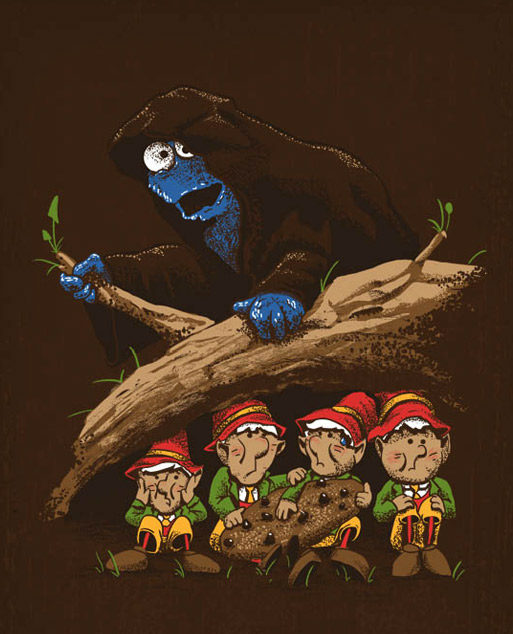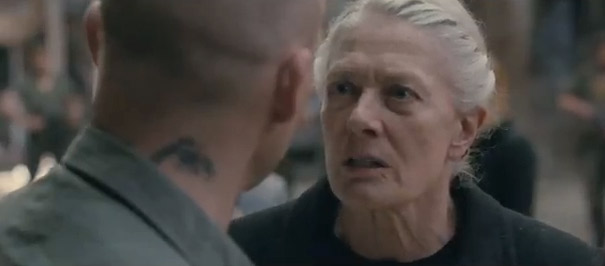Distant Relatives: 8½ and Synecdoche, New York
 Thursday, November 3, 2011 at 3:03PM
Thursday, November 3, 2011 at 3:03PM Robert here w/ Distant Relatives, exploring the connections between one classic and one contemporary film.

Portrait of the Artist as a Confused Man
Perhaps the idea of a filmmaker making a film about himself, his fears, his hopes, his life, is inherently self-indulgent. It's hard to argue otherwise though self-portraits have always been a staple of art. Perhaps Da Vinci and Rembrandt were self-indulgent too. Still, something about the self portraits is so necessary. Someone has to explore the life of the artist. Biopics, whether celebratory or critical, are often too structured and viewed from outside looking in. Only autobiographies allow the filmmaker the ability to really explore their internal rot. The cinema this creates may not always be compelling but it always feels essential. Federico Fellini's career is saturated in self-exploration, from the continual casting of his wife Giulietta Masina (La Strada, Nights of Cabiria, Juliet of the Spirits), to his reminiscence on his childhood (Amarcord) to his contemplation on the de-evolution of social ascencion (La Dolce Vita). Fellini's career is a tribute to himself, and never more than in 8½, a film so self-referential that its title is devised from the number of films Fellini had made to that point. It is his eighth and a half. Charlie Kaufman's career too is filled with expressions of his own desires and anxieties. He sees his life as that of the impotent artist, and they appear throughout his films in one form or another. The fact that Kaufman had already written a film, Adaptation that featured himself as the lead character (writing a film that featured himself as the lead character) shouldn't detract from the fact that Synecdoche, New York's Caden Cotard is very much a Kaufman stand-in. In fact, Adaptation's use of Kaufman as character may have even freed up the real Charlie Kaufman into a more subtle (if that's possible) cypher for the later film. Adaptation feels a bit like a warm up for Synecdoche, New York with its musings on love and death and the meta-realities of art. Both titles refer to the artistic process as well (self-referentially like Fellini's). Adaptation is obvious. As many of us learned only upon the relase of the film, a "synecdoche" is a part of speech where a part of something is used to represent a whole, such as saying "threads" to mean "clothes" or "set of wheels" to mean "car." And so it is with art, the attempt to use one small story to represent some truth about the whole of existence.
In both films, 8 1/2 and Synecdoche, New York we begin with a misanthrope, unwell in health and heart, about to embark on the ultimate boondogle of his career, whether he knows it or not. Continue...










